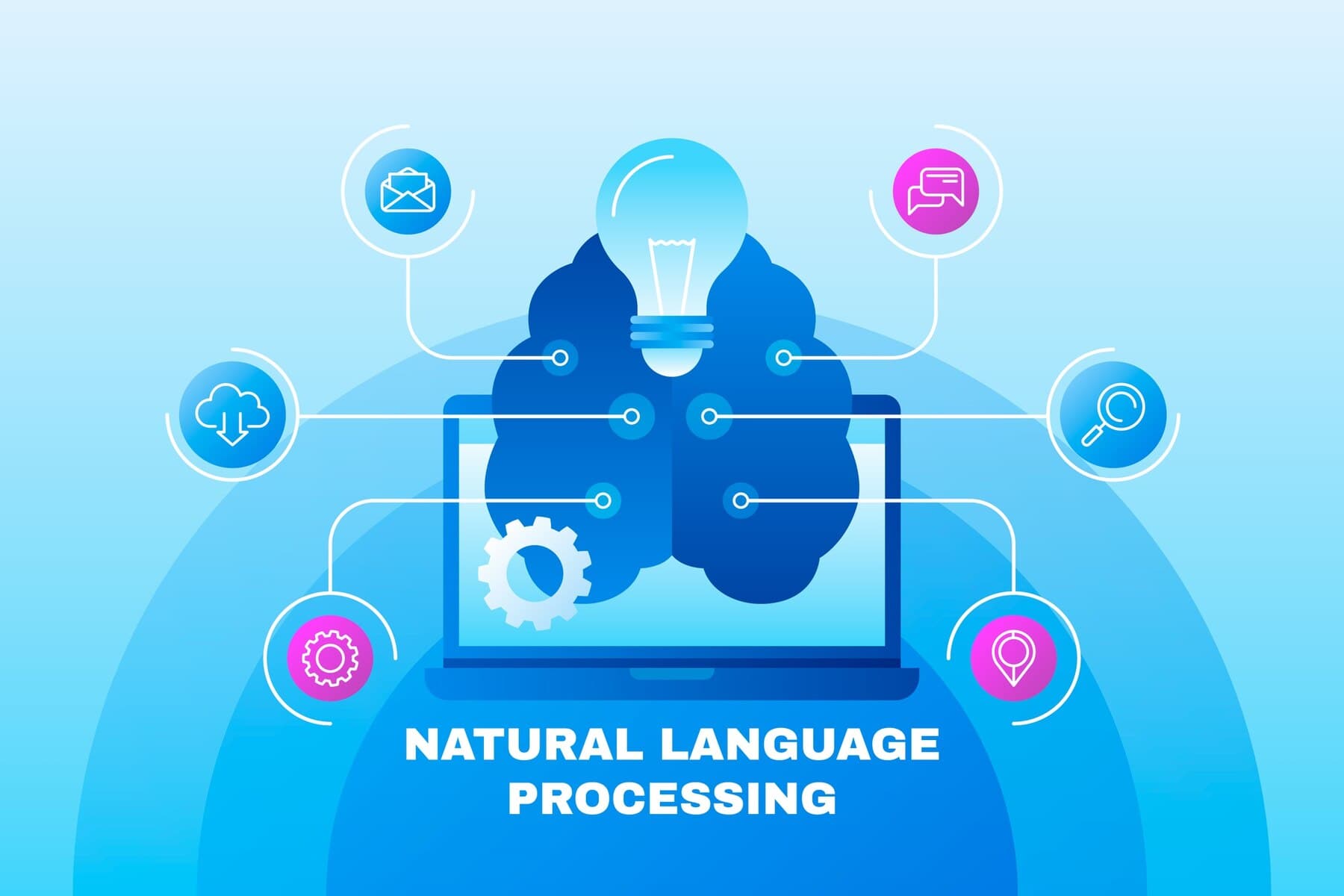Challenges and Complexities in NLP

Introduction
While Natural Language Processing offers great promise, it's not without its challenges. Today, we'll discuss some of these complexities and how technologies like ChatGPT are designed to address them.
Why is NLP Challenging?
Ambiguity: One word can have multiple meanings. For example, the word "bank" can refer to a financial institution or the side of a river.
Context Sensitivity: The meaning of words often depends on the context in which they appear, making the task of understanding more complicated.
Sarcasm and Idioms: Understanding sarcasm and idioms is particularly hard for machines because they involve a level of cultural understanding.
Grammar Variations: Different languages have different grammatical rules, making the development of a universally applicable NLP system tricky.
How Does ChatGPT Address These Challenges?
ChatGPT employs advanced machine learning techniques to understand the context and semantics behind sentences. This enables it to handle ambiguities and idiomatic expressions more effectively than simpler models.
The Road Ahead
Despite these challenges, ongoing research and technologies like ChatGPT are making tremendous strides in overcoming the complexities inherent in NLP. The future of NLP holds the promise of even more advanced and intuitive human-machine interaction.
Coding Exercise: Text Preprocessing
Objective:
Learn the basics of text preprocessing by removing stopwords and performing stemming.
Importing the necessary libraries
from nltk.corpus import stopwords
from nltk.stem import PorterStemmer
import nltk
nltk.download("stopwords")Setting text that we will process
text = "You will never be able to escape from your heart. So it's better to listen to what it has to say. That way, you'll never have to fear an unanticipated blow."Tokenize and remove stopwords
Stopwords are the common words in any language which don't add significant value to the meaning of the text. E.g. is, an, are, when, etc.
words = text.split()
# removing stop words
cleaned_words = [word for word in words if word.lower() not in stopwords.words('english')]Applying Stemming
Stemming is the process of reducing a word to its base or root form, often by removing suffixes. This helps in standardizing words to their simplest form for easier text analysis. For example, "running," "runner," and "ran" might all be stemmed to "run."
stemmer = PorterStemmer()
stemmed_words = [stemmer.stem(word) for word in cleaned_words]
print("Stopwords Removed Words:", cleaned_words)
print("Stemmed Words:", stemmed_words)Output
Stopwords Removed Words: ['never', 'able', 'escape', 'heart.', 'better', 'listen', 'say.', 'way,', 'never', 'fear', 'unanticipated', 'blow.']
Stemmed Words: ['never', 'abl', 'escap', 'heart.', 'better', 'listen', 'say.', 'way,', 'never', 'fear', 'unanticip', 'blow.']Please visit the github repo for entire code. Thank You
niranjanblank
https://github.com/niranjanblank/90DaysofNLP/blob/main/Day3/text_preprocessing.ipynb